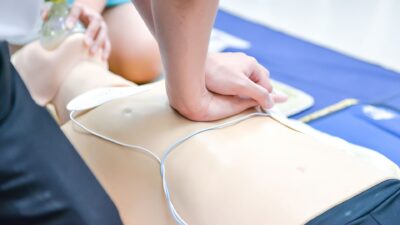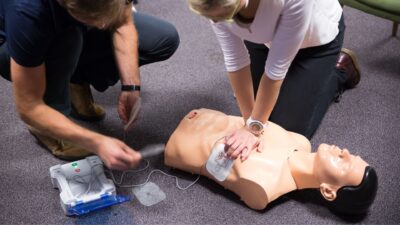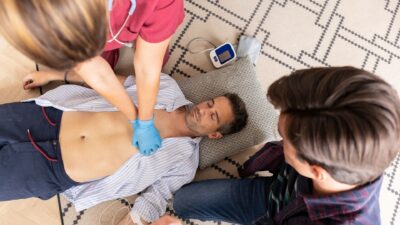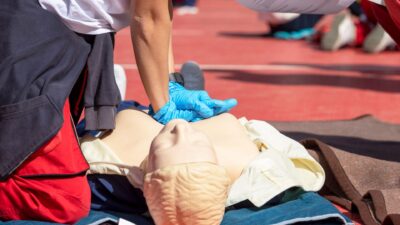
Everything You Need to Know to Get a CPR Certification for Babysitting
In today’s world, ensuring the safety of children while babysitting is paramount, and acquiring a CPR certification is a crucial step in that direction. Whether you’re a seasoned babysitter or just starting, understanding how to respond in emergencies can make all the difference. CPR, or cardiopulmonary resuscitation, is a life-saving technique that can be invaluable…
Read More







